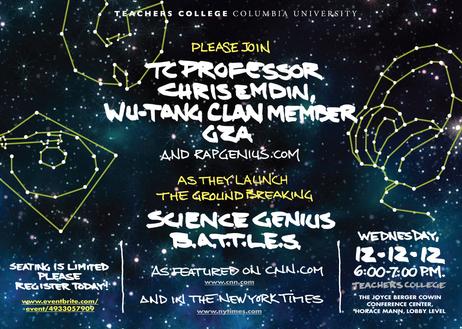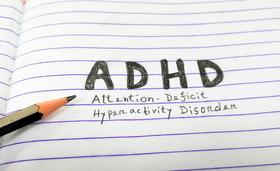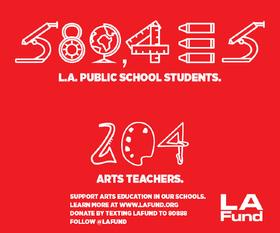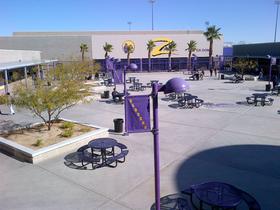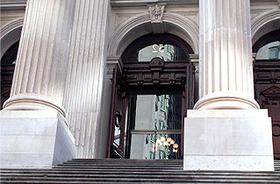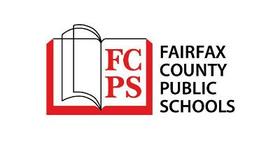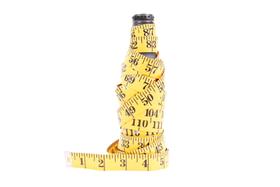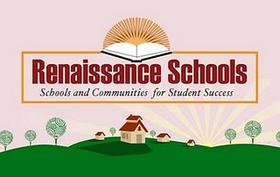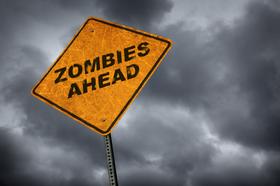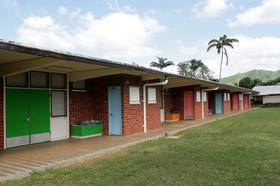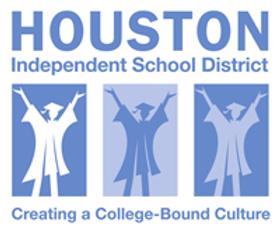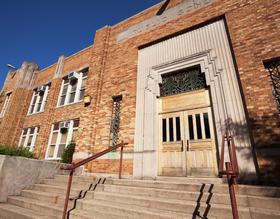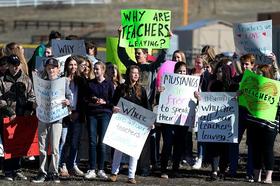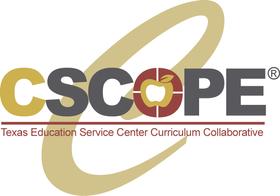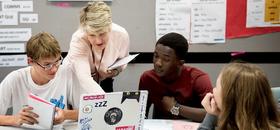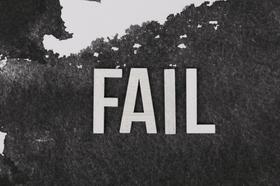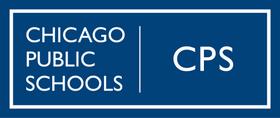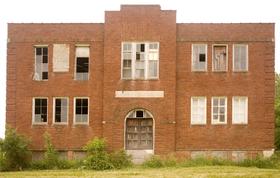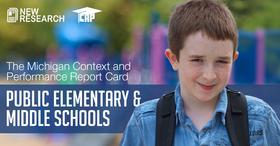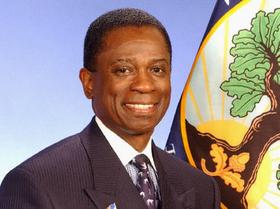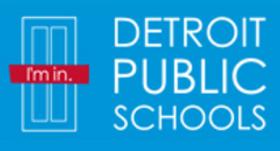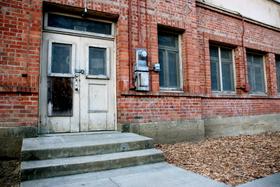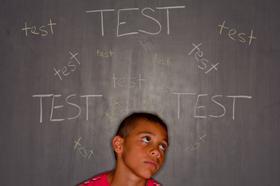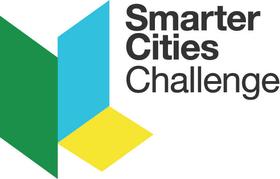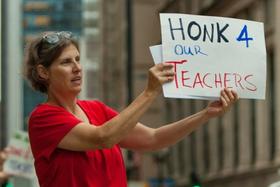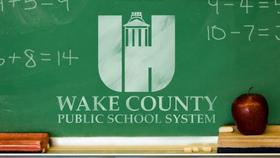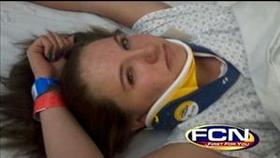For those who relied on Schoolhouse Rock to memorize important facts like the Preamble to the Constitution and the meaning of conjunction, there’s a new kid in town. Rap meets rock in Science Genius, a new way to help kids get excited about subjects like atoms and DNA. The program has recently been tested out in schools in New York City – with great enthusiasm and success. Read on to discover how hip hop and science facts collide to create a whole new generation of science-mania.
Music Meets Academics
Science Genius is a collaboration between rapper GZA from Wu-Tang Clan and Columbia University Teachers College professor Christopher Emdin. The unlikely pair teamed up to use hip hop music to teach a wide range of science subjects to students. According to a report at PBS, the effort began as GZA’s attempt to “bring order to the chaos.”
Emdin explains that the new curriculum is designed to address achievement gaps in science and mathematics that are particularly prevalent in areas like New York City. More importantly, the program was created to inspire an interest in science that has been lacking, using a culturally relevant form of music many students in the New York district can relate to.
“The people who most embrace hip-hop culture are the same populations who are most disinterested in school and disinterested in science,” Emdin told the Huffington Post.
This video illustrates the creativity behind Science Genius.
Science Genius B.A.T.T.L.E.S.
Emdin and GZA took their idea to the next level by forming Science Genius B.A.T.T.L.E.S. (Bringing Attention to Transforming Teaching, Learning, and Engagement in Science). The program, which was introduced to New York City schools this past school year, helps students write and perform their own raps about science topics. Students then had the opportunity to present their raps to a wider audience as they participated in a competition to select the best science rapper from all the schools.
According to AllHipHop.com, the pilot program involved more than 300 students from nine New York City schools. The students were given specific parameters in which to write their raps, as well as a list of possible topics. According to the Rap Genius website, some of the biology subjects they could choose to explain included:
- The structures and functions of the human body
- The mechanisms and patterns of evolution
- The technology involved in genetic engineering
- Factors limiting the growth of human populations
The students could also choose from a myriad of chemistry subjects, including:
- The Periodic Table
- Properties of materials in terms of atoms and arrangement
- The structure and properties of atoms
- Kinetics and equilibrium
Even physics was represented in the topic base, which subjects like explaining variations in wavelength and frequency or exploring the transmission and conservation of energy. Students would study all the subjects on the list, but they could select just one to create their rap. Students were judged on their raps based on the complexity and depth of their study of the subject material.
This video reports on a winner of Scince Genius B.A.T.T.L.E.S.
Working, Rapping, and Studying
WNYC reports that after the project was launched in December 2012, both Emdin and GZA spent time visiting the classrooms involved, helping students write their raps for the contest. Meetings were held after school, to ensure plenty of time for working and reworking the rhymes, as well as studying the science that went into them. In some cases, it was through this work that students developed a passion for the subject they had chosen.
“The whole rock part of earth science is boring to me,” Jahleel Cephus, a student at Validus Preparatory Academy, admitted to WNYC. Cephus chose to write his rap on rocks, and the assignment impelled him to dig deeper to learn more about these seemingly boring objects.
“I started looking up all these rocks and seeing that there were volcanic rocks and it just started making me want to learn about rocks. Like, for no reason.”
Jahleel’s lyrics have been posted at the Rap Genius website, along with the lyrics written by Jabari Johnson. Johnson, a student at Harlem’s Urban Assembly for the Performing Arts High School, was declared the winner of the first Science Genius B.A.T.T.L.E.S.. Johnson rapped about joules, the unit of energy, wearing a button shirt and bow tie. As the winner of the first competition, Johnson received a shopping list of prizes, including a day at the Museum of Natural History and the chance to spend a day in the studio with GZA.
The competition was held on June 21, 2013, at the Teachers College at Columbia University. Top performing students at all the participating schools strutted their stuff, with raps dealing with subjects from sexual reproduction to kinetic energy and evolution. Many of the top raps have been posted on news sites, and of course, YouTube.
Everyone’s a Winner
While Johnson took home the prizes from the first Science Genius B.A.T.T.L.E.S., it appears that all of the students who participated in the experiment were winners in a different way. One student admitted to hating science subjects before the program began. Now, the student said she and her friends can't wait to get into their science class.
Adults involved in the experiment have also touted the early success of the program. Some told AllHipHop.com that the students that participated in the program are now more engaged in class and got higher grades. They also showed significantly more enthusiasm in their studies. If Science Genius continues to meet with positive reviews and results, it is possible this program could expand to other school districts in the future. Watch out, Schoolhouse Rock.
Questions? Contact us on Facebook. @publicshoolreview

